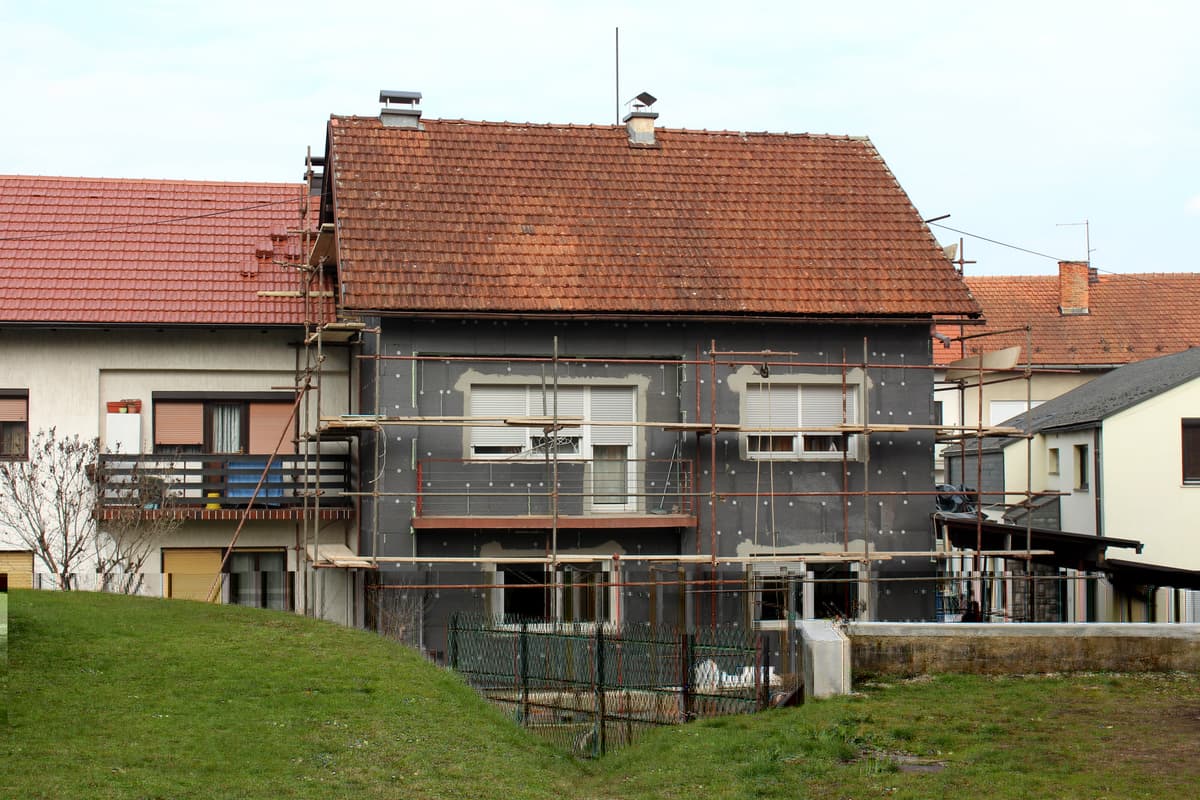Can You Convert Two Properties Into One?
You may have wondered whether you could purchase the house next door to yours and knock through to make one big house. What documentation would you need and how simple would the process be?

You may have wondered whether you could purchase the house next door to yours and knock through to make one big house. What documentation would you need and how simple would the process be?

It could be both or you could choose one property and shut them off in the other – but do talk to your architect/contractors to see which is best.
You will also have to work out how/if to integrate the heating systems.
In November 2023, it was announced that the government is planning to remove the requirement for planning permission when splitting a house into two flats. The Permitted Development Right convert one house into two flats should be implemented some time in 2024.
However, for splitting into more than two properties you will still need to get planning permission.
Compare moving quotes in 4 simple steps